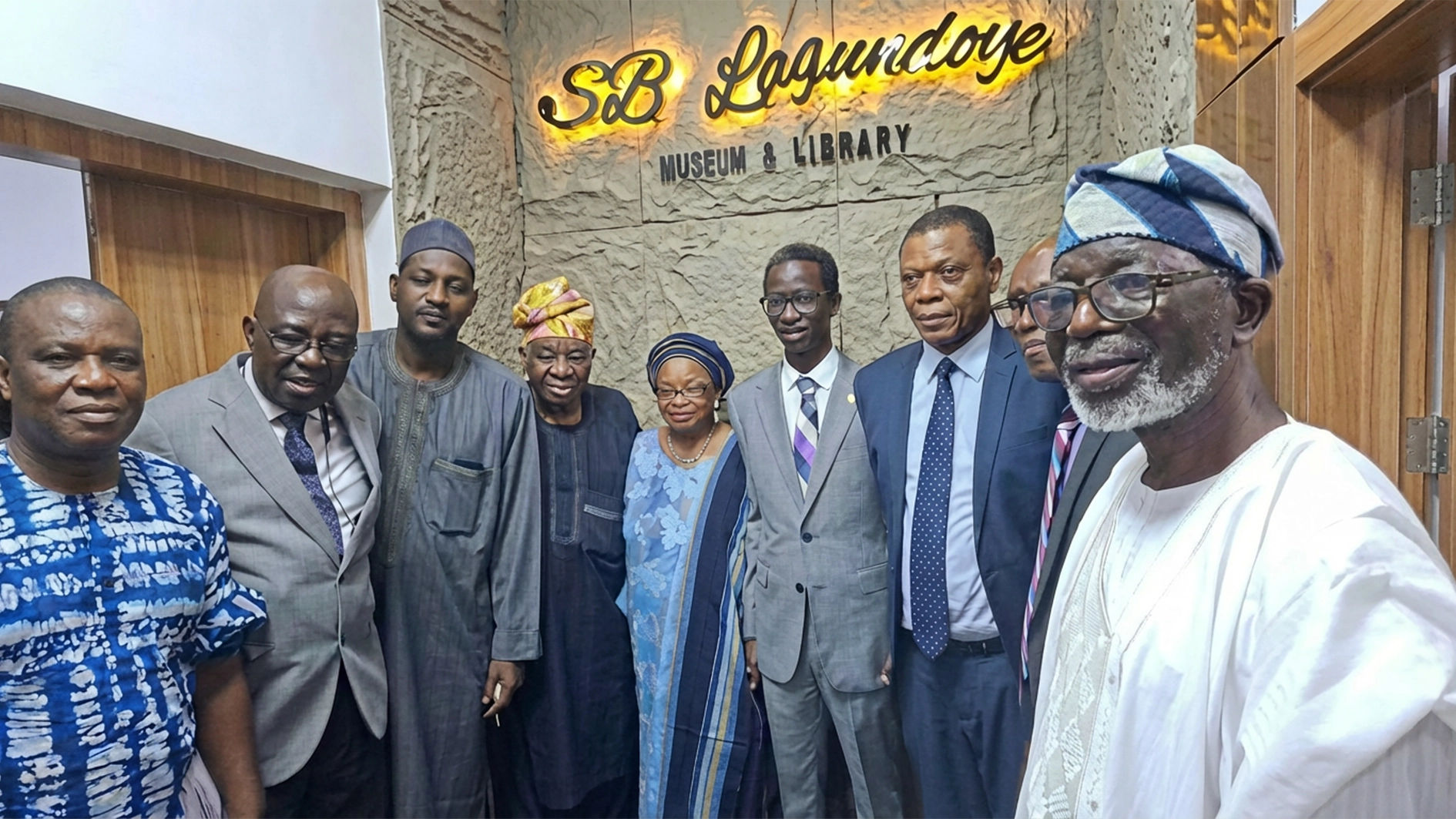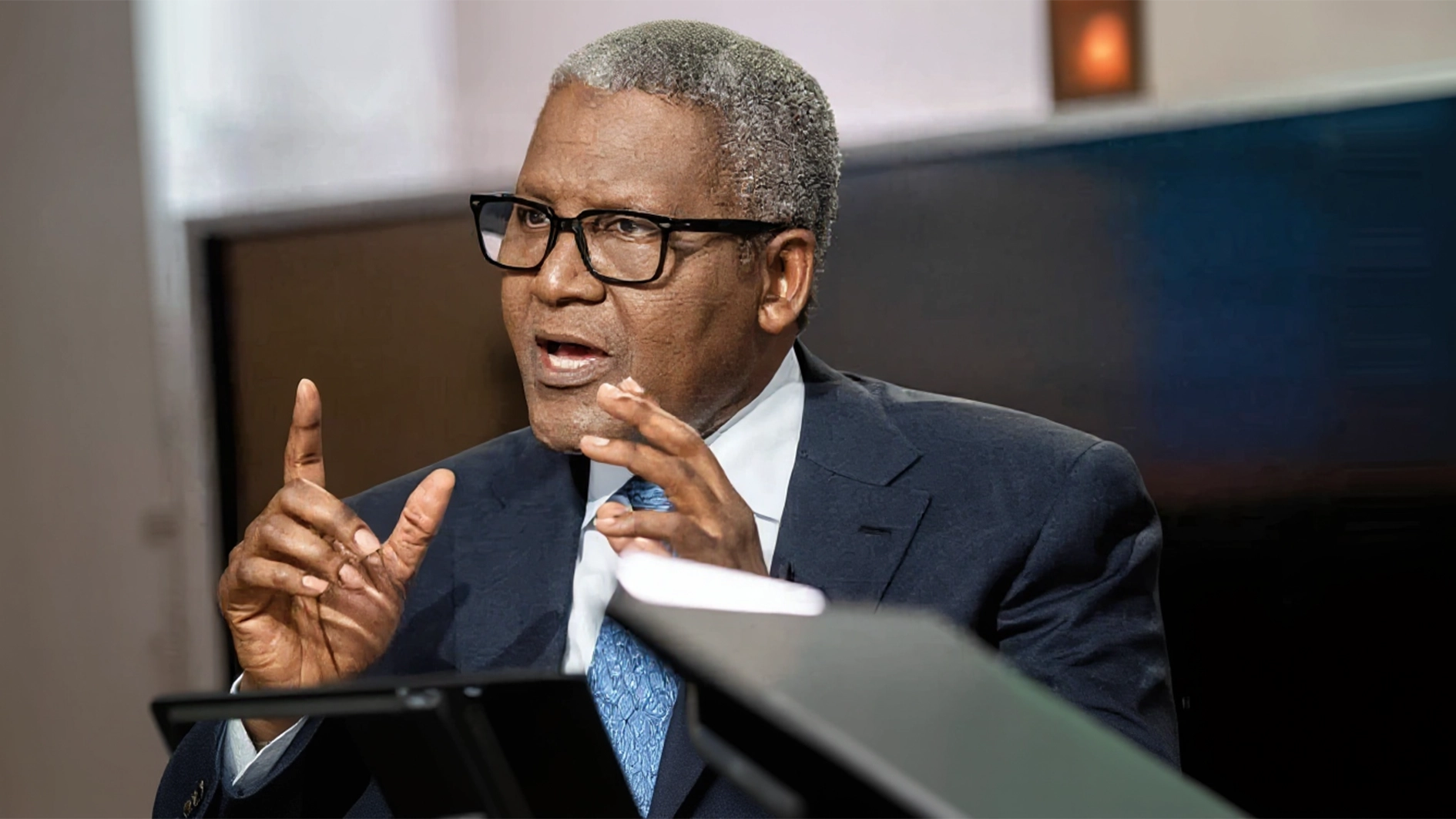Oando Foundation, an independent charity established to support Nigeria’s Universal Basic Education goals, has unveiled two reports highlighting the impact of Early Grade Reading (EGR) and Teaching at the Right Level (TaRL) interventions in strengthening literacy and numeracy outcomes across public primary schools in Ebonyi, Plateau, Sokoto, and Adamawa states.
The reports were unveiled at a workshop, following the completion of the pilot phase of its Foundational Learning Improvement Programme (LEARNOVATE–FLIP).
According to the United Nations Children’s Fund (UNICEF), 70 per cent of Nigerian children in primary school cannot read with meaning or solve simple maths problems.
The foundation’s LEARNOVATE–FLIP pilot directly addressed this challenge by deploying evidence-based teaching methods in 80 schools across Ebonyi, Plateau, Sokoto, and Adamawa States.
Employing a mixed-method approach, the programme combined preventive and remedial interventions to strengthen foundational literacy and numeracy.
The Early Grade Reading (EGR) model introduced structured reading instruction in the mother tongue for pupils in Primary one to three, while the Teaching at the Right Level (TaRL) model provided remedial support for pupils in Primary four to six, who had advanced without mastering basic skills.
According to the foundation, over an eight-month period, more than 5,162 out-of-school children were successfully re-enrolled into the formal system, with 2,000 supported with back-to-school kits.
Similarly, classroom instruction was strengthened through the training of 312 teachers and head teachers, alongside 112 education administrators, and the distribution of 19,262 teaching materials and 21,600 supplementary readers.
Community ownership also proved central to the programme’s success, with 60 School-Based Management Committees (SBMC) revitalised and 120 community reading hubs established, reaching 10,800 learners.
The report further highlighted the programme’s achievements in Adamawa through the TaRL intervention.
A total of 4,469 pupils in Primary four to six—48 per cent of whom were girls—were reached across 20 schools in Demsa, Girei, and Yola North councils, nearly doubling the target of 2,400 learners.
Literacy outcomes improved significantly: Hausa paragraph readers increased from a 19 per cent baseline to 43 per cent at endline, while English paragraph readers rose from 18 per cent to 45 per cent. Non-readers decreased dramatically, dropping by 34 percentage points in Hausa and 35 percentage points in English within six months.
Speaking on the initiative, Head, Oando Foundation, Tonia Uduimoh, highlighted the urgency of Nigeria’s learning crisis and reaffirmed the need to scale proven interventions like EGR and TaRL to drive systemic change.
Uduimoh said: ‘’For years, the statistics around foundational learning in Nigeria have been sobering. In response, Oando Foundation launched FLIP across four states, using a mixed-methods approach that combined preventive and remedial interventions to strengthen literacy and numeracy skills among pupils.
Over the course of implementation, FLIP has built teacher capacity, enhanced school support systems, deployed culturally relevant assessment tools, and tested scalable, evidence-based approaches to improve learning outcomes. Most importantly, it has shown that Nigeria can tackle its learning crisis through innovation, collaboration, and community ownership.”
Also, commenting on the initiative, member of the Board of Trustees, Oando Foundation, Dr Feese Nguyan, said the number of children that are out of school, and those in school but not learning, showed that there is still much to be done to give every child a fair chance at education.
Director, Basic Education, Federal Ministry of Education, Dr Folake Olatunji-David, commended the foundation for its leadership.
She said education is one of the key pillars of national development and the bedrock of all progress.






